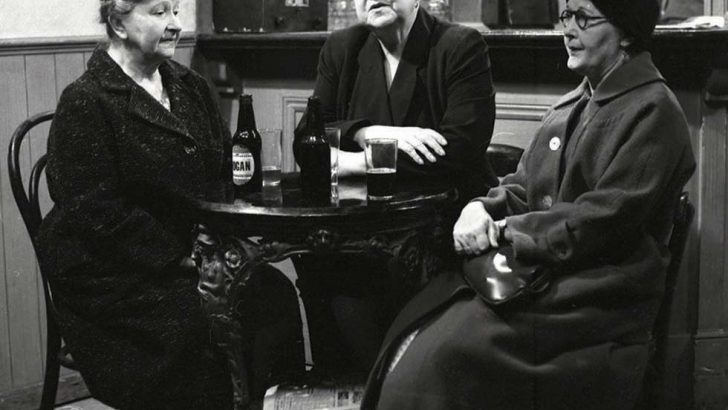The World of Books
by the Books Editor
Some weeks ago there was a certain amount of fuss both in Britain and in Ireland about the 60th anniversary of Coronation Street, which first went out on television on December 9, 1960.
Bear in mind that the first broadcasts from Montrose only came a year later. So until our own first soap Tolka Row came along in 1964, Irish viewers (then mainly in the Dublin region) focused on ‘The Street’. Though my family had a 40ft pole at the end of the garden that gave better reception than our neighbours had, we often had to see the foreign television through a mini blizzard.
Coronation Street was slow to ignite, but now dominates British viewing (such as it is) with 6.8 million viewers, in a way that Eastenders has not managed to dislodge.
Gritty
The show in those first monochrome days was a less gritty version than it now is. It owed a great deal to the ‘kitchen sink’ dramas of the previous decade and the world of Alan Sillitoe, John Braine, and others, but especially playwright Shelagh Delaney’s Salford.
At the centre of many early stories, were Ena Sharples (played by Violet Carson), caretaker of the Glad Tidings mission hall, and her two friends; who passed their free time tearing apart their neighbours over milk stouts in the back snug of the Rover’s Return.
However, what interests me here, is the fact that it was almost the only television drama to have a religious accent in a sort of way central to the theme. From time to time the locals were shown belting out a hymn or two with Ena at the harmonium in the hall.
Critics often said the show was archaic, and did not reflect life in the actual 1960s but was a cast back to earlier period. I suspect it did not, however, reflect swinging London.
This makes the Glad Tidings mission hall of interest. Was religion in the shape of Bible Christianity a strong force in working class life or not? It must have had some place, or else viewers would not have reacted so well to Ena Sharples.
Mission hall
Religion as a serious – yet casual – fact of British life has died. The mission hall was demolished in 1968 – a significant year indeed – to make way for the new community centre. On TV, priests and clergy now became either a joke or sinister individuals out to bend people’s lives. The Beatles would claim to be greater than Jesus – and so they were for TV. Some serious research is needed on whether religion on TV shows like Coronation Street was or was not a reflection of actuality.
The Glad Tidings mission hall, spreading ‘the Word’ on the Street, had originally been a true to life reflection of the British way. But, by the 1960s that was nearly dead. However, what it meant for popular television was that religion as a casual everyday matter in British television programmes died too.


 Peter Costello
Peter Costello Ena Sharples and her cronies
Ena Sharples and her cronies 